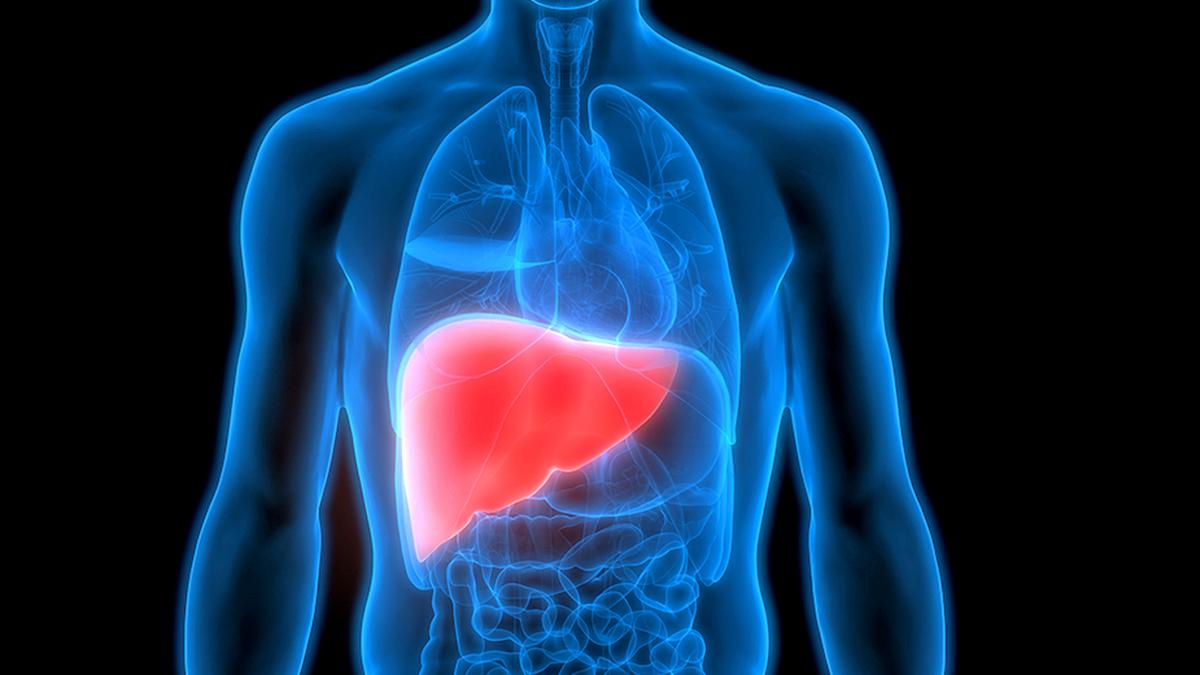
The guidelines focus on health promotion and early detection which are important for ensuring that patients with NAFLD receive timely and appropriate care. | Photo Credit: Getty Images/iStockphoto
Non-Alcoholic Fatty Liver Diseases (NAFLD), which is now recognised as a major non-communicable disease, is emerging as an important cause of liver disease in India, warned the Health Ministry on Friday (September 27, 2024) while releasing the revised Operational Guidelines and Training Module of NAFLD.
The Ministry added that while non-communicable diseases (NCDs) are accounting for more than 66% of death in the country, NAFLD could be assuming a silent epidemic with community prevalence ranging from 9% to 32%, depending on age, gender, area of residence and socioeconomic status. “Out of 10 persons 1 to 3 persons will be having fatty liver or related disease,” said the Ministry in its release.
Also read | Tackling the fatty liver disease epidemic
It also said that NCDs are strongly associated and causally linked with major behaviour risk factors such as tobacco use (smoking & smokeless), alcohol use, poor dietary habits, insufficient physical activity, and air pollution.
“India contributes high numbers for NCDs globally and one of the core causes of metabolic diseases is in the liver. Realizing the growing burden and urgent need to address it, India became the first country to integrate the NAFLD in the National Programme for Prevention and Control of NCDs in 2021,’’ said Health Secretary Apurva Chandra.
These documents are designed to improve patient care and outcomes related to NAFLD through informed, evidence-based practices, added the Health Secretary, while stating that India has taken the lead in recognising NAFLD as a major non communicable disease.

Mr. Chandra added that the release of revised operational guidelines and training modules will provide a framework for health workers at all levels, from community health workers to medical officers.
Meanwhile, the guidelines focus on health promotion and early detection which are important for ensuring that patients with NAFLD receive timely and appropriate care. It also advocates for a multidisciplinary approach, integrating the efforts of healthcare providers from various discipline to offer a holistic care to individual affected by NAFLD.
The effective management of NAFLD requires not only a sound understanding of the disease condition but also a capacity to implement evidence-based interventions at all level of healthcare, noted the Ministry in its release. It added that the training module for NAFLD is developed to complement Operational Guidelines and helps in building capacity of healthcare professionals with knowledge and skills necessary to identify, manage, prevent NAFLD particularly at primary level. The module covers a wide range of topic including epidemiology, risk factors, screening, diagnostic protocol and standardized treatment guidelines. It also reinforces the importance of early detection, patient education, lifestyle modification and integrated care strategies to improve health outcomes.
Published – September 27, 2024 06:08 pm IST


